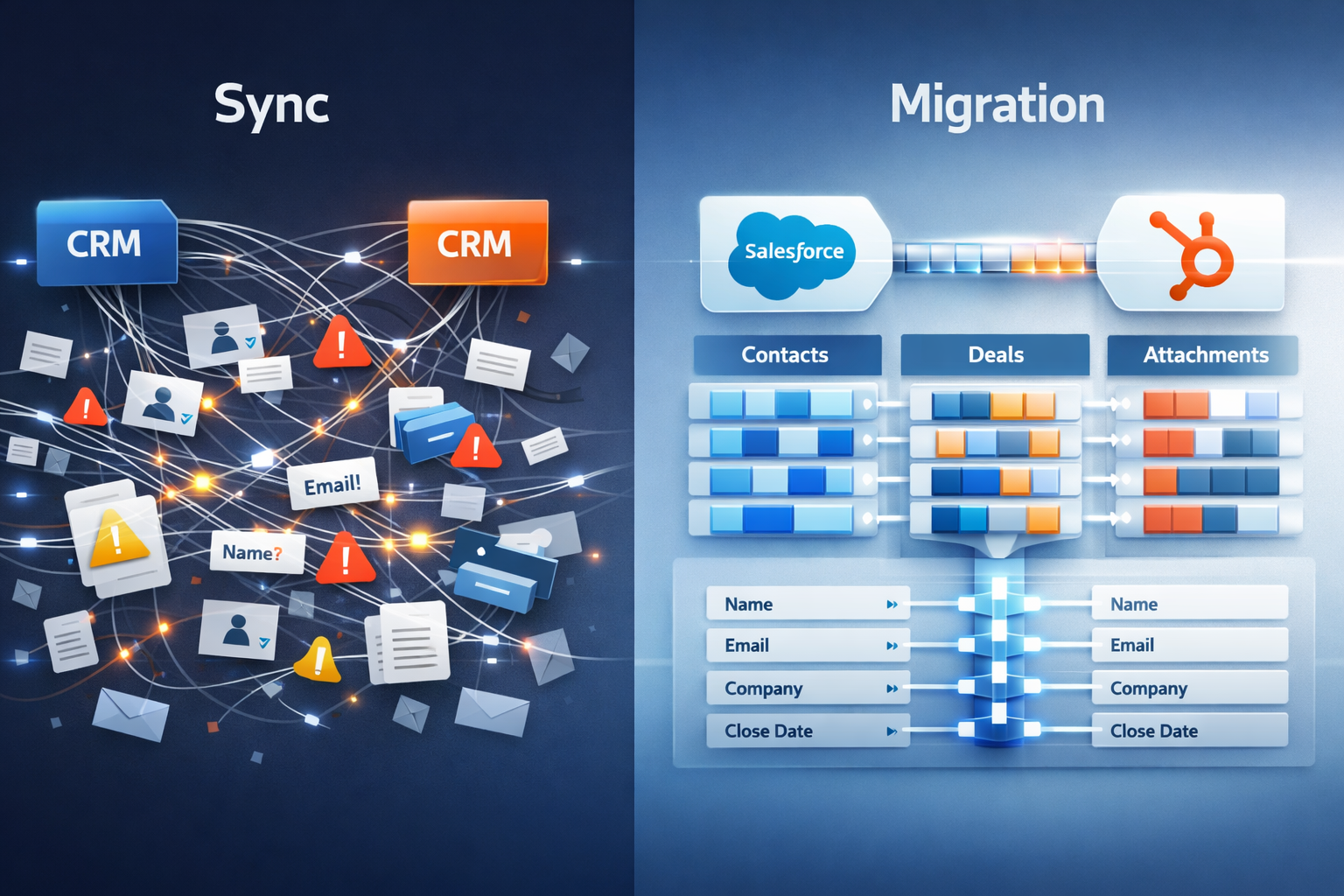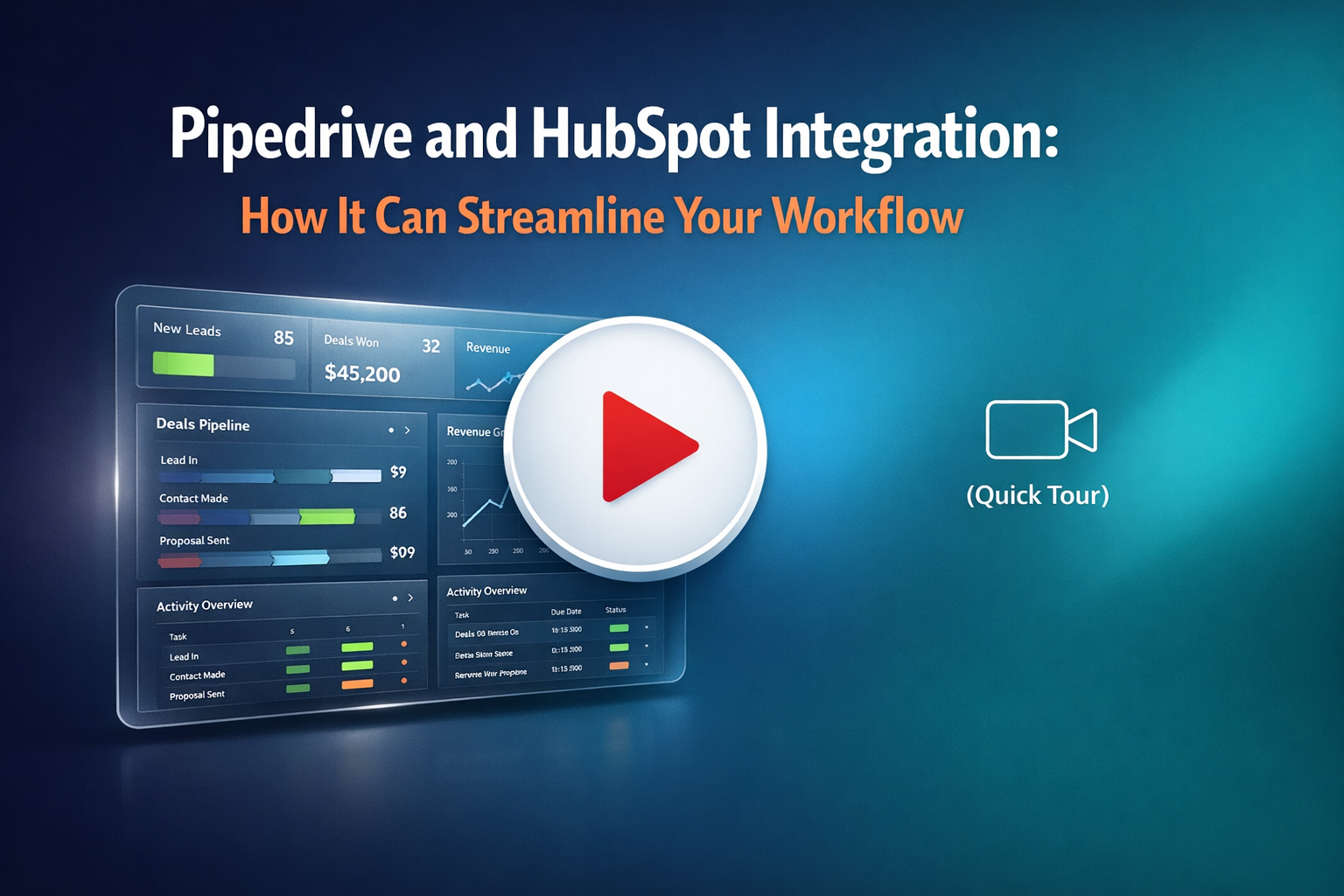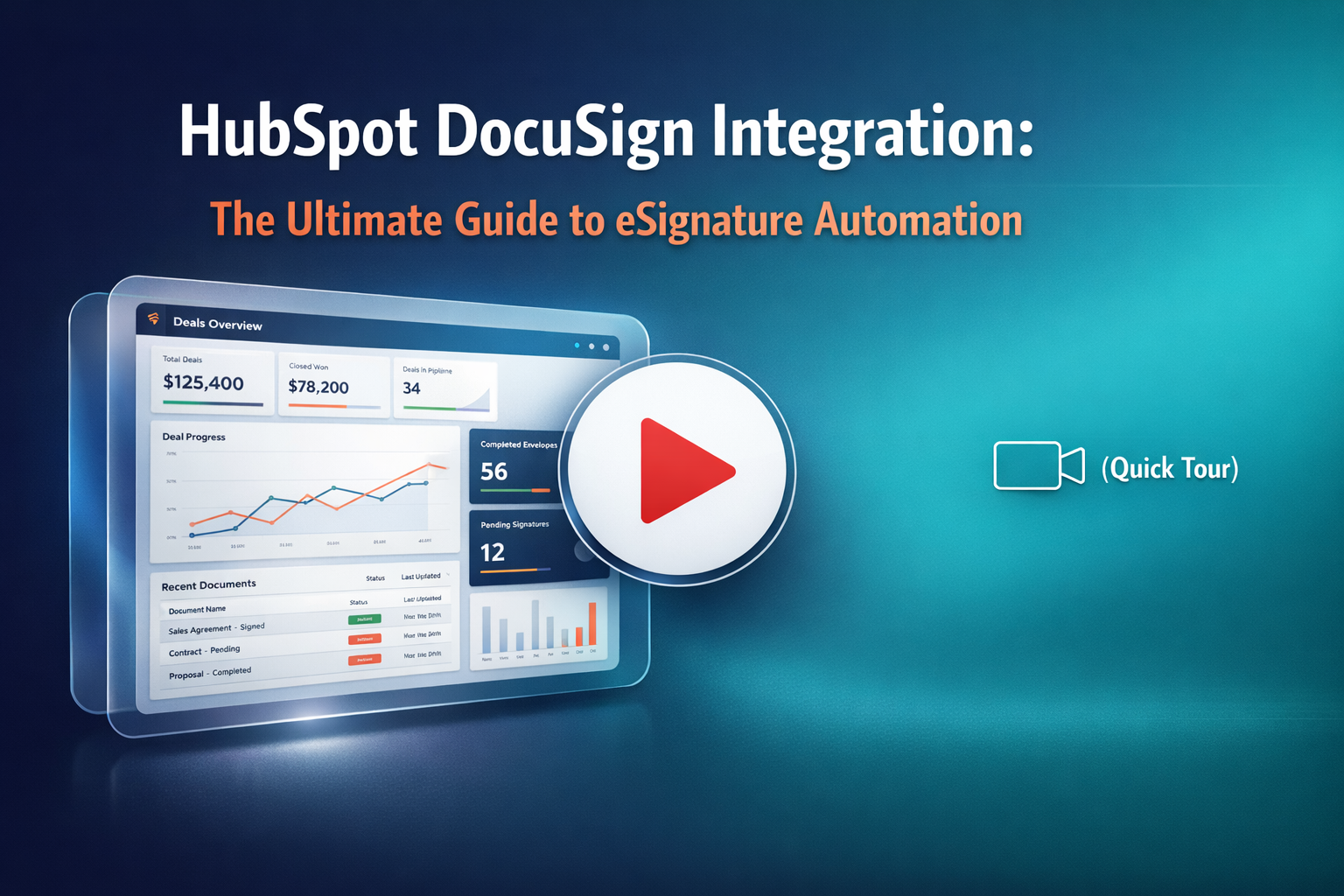What is Analytical CRM?
Analytical CRM is a subset of CRM in which a company collects data about its customer interactions, to increase customer satisfaction and customer retention rates. Analytical CRM is a behind-the-scenes process; the client is not aware of the capture and analysis of their actions and interactions with the company.
Companies may forecast consumer behavior and recommend goods to which they are more likely to respond better based on the information collected about customer behaviors, experiences, and the end effects of these experiences.
Analytical CRM is an essential part of managing customer relations. Analytical CRM accumulates and analyzes consumer data of various kinds, including:
- Sales data: purchase and return history, brand preferences, etc.
- Financial data: payment and credit history, including payment type, credit scores, etc.
- Marketing data: customer response rates to marketing campaigns, customer satisfaction data, retention data, etc.

The Most Important Components of Analytical CRM
As a rule, analytical CRM consists of the following components:
Key Features of Analytical CRM
Account-Based Marketing of Analytical CRM
When you know a user or organization's preferences, you can meet their needs in a particular way. Email segmentation is one example of what account-based marketing can do, so it is necessary to monitor touchpoints.
Buyer Persona Builder
Once the CRM collects and analyzes new pieces of customer data, you can create a clearer picture of a customer’s identity regarding your business model. Understanding your customer's needs and behaviors will help you to improve your marketing.
When you customize the customer experience for people, your customers know that you understand them. That is the result that will make a huge difference.
Data Mining
Analytical CRMs use Data Mining techniques to map consumer-related information and data trends, as we mentioned above. This provides a more in-depth insight into a company's consumer journey: a cycle that involves customer recognition, interest, retention, and growth.
Data mining has many techniques for identifying structures and assigning significance to the data, such as correlation, classification, and monitoring objects.
You may be using grouping, for example, to build consumer categories based on specific attributes. It may be demographics, age groups, and the way they look for keywords.
Optimization of marketing and sales activity
While this is also an advantage of operational CRM, tracking software can deliver analytical intelligence across departments. By focusing on the prospects most likely to be persuaded by their efforts, your sales and marketing teams can learn to maximize time and resources further.
Knowledge of what motivates prospects to become customers
When you combine demographic details of prospects with a database of their preferences and marketing experiences, you will start to get an idea of what motivates them to become customers. If you properly analyze these data and apply what you are learning to future endeavors, you will convert even more and more prospects.
Online analytical processing
It is a group of methods used in the study of databases. These instruments are for evaluating highly complex data.
Instead of analyzing each of these aspects individually, online analytical processing allows for the analysis of all. Also, companies can see how customers interact with their website speedily over specific timescales.
New sales opportunities
You can see opportunities for upselling and cross-selling when you understand how your customers connect, and what motivates each target segment. Plus, these predictive CRM methods make it more timely and essential. For example, if a customer is prompted by an email to view additional items on your site, you may be notified to reach that person and contact him.
Benefits of using Analytical CRM
- Better lead conversation rate
- Improved market analysis before running a marketing campaign
- Boost customer loyalty and satisfaction
- More accurate financial forecasting and planning
- The suggested actions come from vast amounts of consumer data that would be too difficult for one person to handle
- Automatic processes allow analytical CRM to conclude future customer behavior, customer buying power or customer needs
- Understand the customers better, and boost sales performance
- Better focus your sales efforts by using precisely those products and communication strategies that suit the audience you want to sell to
Conclusion
As well as increasing the use of analytical CRM software over time, as you collect more and more valuable data, you can also gain more benefits over time by using analytical CRM. And with that said, the time now to get started is as good as any other.
It’s vital to think about the business strategy before you purchase and introduce a program and ensure that the type of CRM software solutions that you choose is the best option to maximize your sales volume and boost your business.





